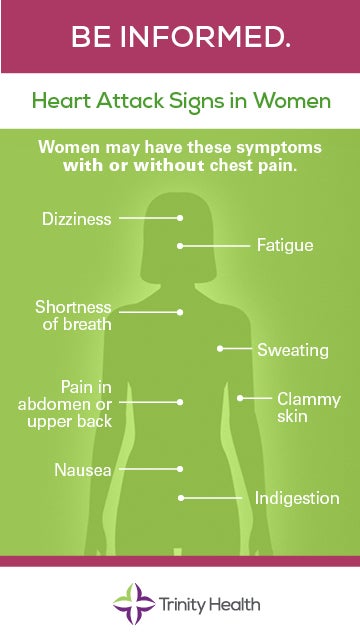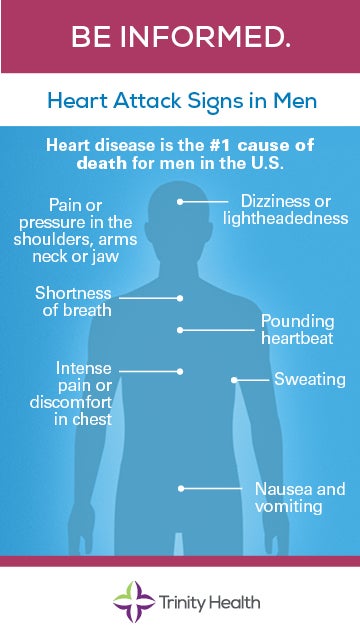Why Do Heart Attacks Occur During the Holidays?
December 2, 2024
Categories: Cardiovascular Health
Tags: Heart Care
The holiday season is a time of celebration, but it also brings a hidden danger: a higher risk of heart attacks. The American Heart Association (AHA) reports that the deadliest time of year for myocardial infarctions, or heart attacks, is the last week of December. December 25, 26, and January 1 top the list for cardiac deaths in the U.S.
What are the symptoms?
Heart attack symptoms vary widely and can sometimes be subtle.
-
Classic Symptoms: Crushing chest pain, shortness of breath, and sweating.
-
Atypical Symptoms: Discomfort or pain in the jaw, back, shoulder, or arm. It can also feel like heartburn.
-
For Women: Women may experience different symptoms than men. These include pain in the back, arm, neck, or shoulder; nausea; fatigue; shortness of breath; and vomiting.


“It’s very important to know the symptoms of a heart attack and not to ignore them,” said Dr. Thomas Hill, an Interventional Cardiologist with Trinity Health Medical Group.
Heart attack symptoms can vary person to person. “You may, but you may not, experience the classic crushing chest pain. It may be a vague discomfort or heart burn,” he said. “It may be associated with shortness of breath, sweating, lightheadedness or nausea and vomiting.”
Why Do Heart Attacks Spike During the Holidays?
The festive season poses unique risks for a number of reasons:
-
Stress: Financial strain, family gatherings and travel add pressure to the heart.
-
Overindulgence: Rich foods, alcohol and high salt intake can exacerbate existing heart conditions.
-
Cold Weather: Low temperatures can constrict blood vessels, increasing heart attack risk.
Tips to Stay Heart Healthy This Holiday
-
Know the Warning Signs: Understanding heart attack symptoms is the first step in seeking timely care.
-
Celebrate in Moderation: Enjoy holiday meals but watch portion sizes, salt, and alcohol intake.
-
Stay Active: Incorporate family walks or other activities to meet the recommended 150 minutes of exercise per week.
-
Manage Stress: Find moments to relax, whether through deep breathing, meditation, or connecting with loved ones.
-
Stick to Medications: Ensure you’re taking prescribed medications and monitoring your blood pressure.
-
Avoid Diet Soda: Drinking one or more diet sodas a day, your chances of having a heart attack are 43% higher than those who drink regular soda or none at all.
What can you do to prevent a heart attack from happening?
Heart disease remains the leading cause of death in the United States, but many heart attacks are preventable.
“The most important thing you can do to prevent heart attacks is to maintain a healthy diet, participate in regular exercise, and make sure to work with your physicians to keep risk factors like cholesterol, blood sugars and blood pressure under good control,” said Dr. Javier Valle, Interventional Cardiologist at Trinity Health Ann Arbor. “While the holidays can be a great reminder to us, it’s important to work on them year-round, not just this time of year.”
It’s important to understand your risk and family history. Then, talk to your doctor and take action to change the things that may put you at an even greater risk.
If you or a loved one experience heart attack symptoms, call 911 immediately.
Learn more about Trinity Health Michigan Cardiovascular Care and the programs and clinics we offer that can help you adopt healthy habits. Learn your risk level for a heart attack by taking our free health risk assessment.
Sources:
American Heart Association. (n.d.). Heart attack deaths spike during the winter holidays. Retrieved November 22, 2024, from https://newsroom.heart.org/news/heart-attack-deaths-spike-during-the-winter-holidays
American Heart Association. (n.d.). Heart attack symptoms in women. Retrieved November 22, 2024, from https://www.heart.org/en/health-topics/heart-attack/warning-signs-of-a-…




